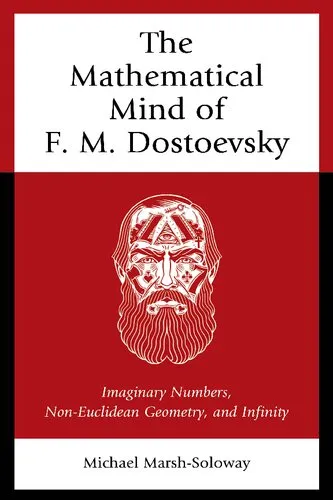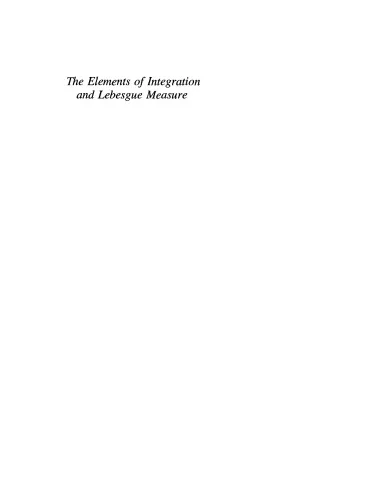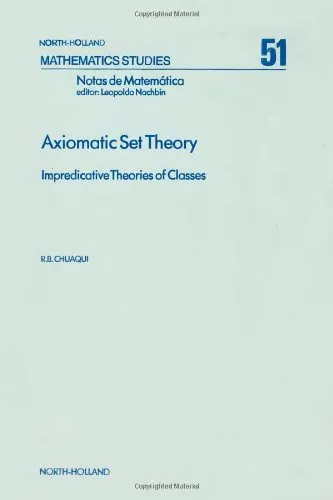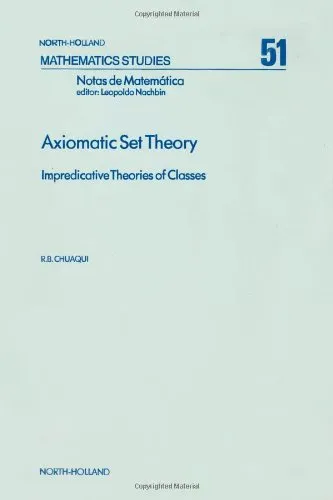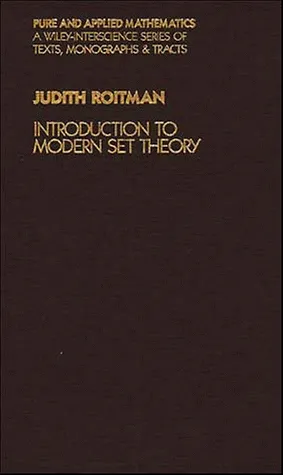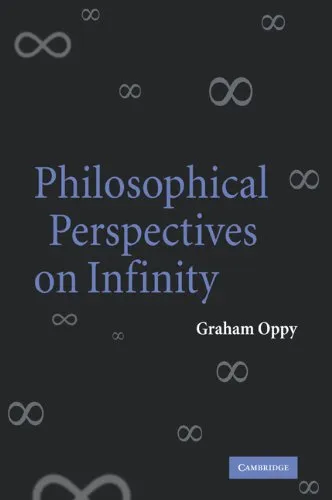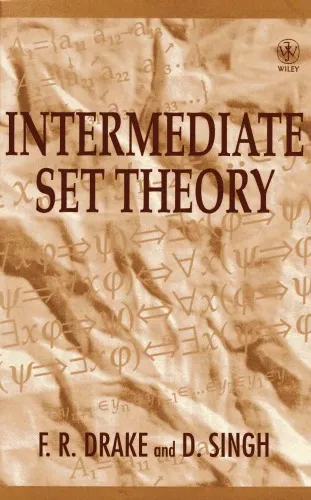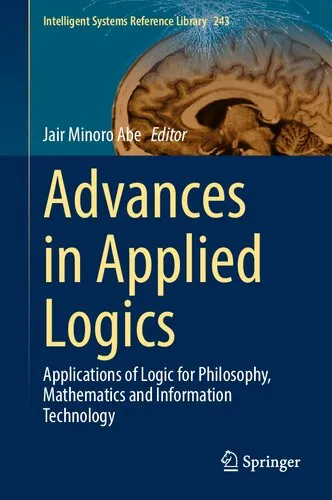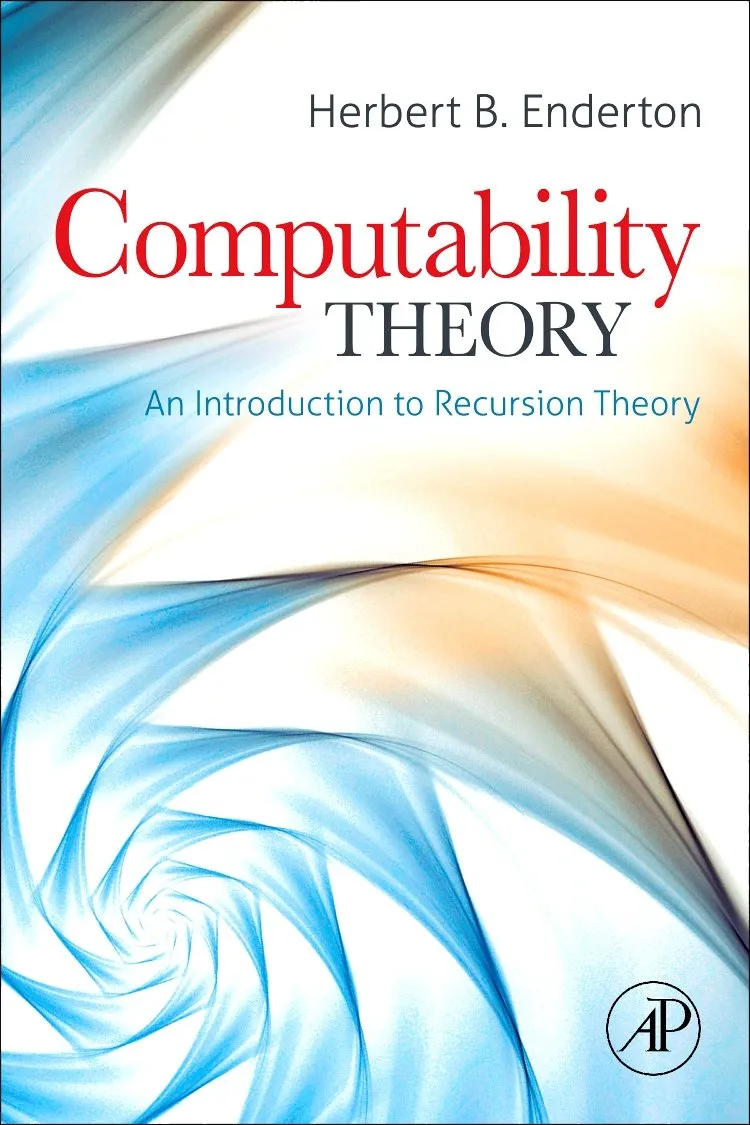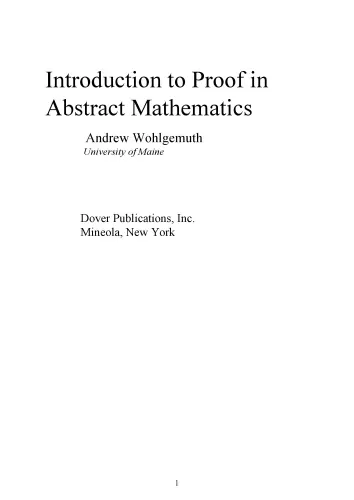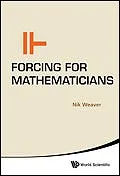The Mathematical Mind of F. M. Dostoevsky: Imaginary Numbers, Non-Euclidean Geometry, and Infinity
4.7
Reviews from our users

You Can Ask your questions from this book's AI after Login
Each download or ask from book AI costs 2 points. To earn more free points, please visit the Points Guide Page and complete some valuable actions.Related Refrences:
Introduction
"The Mathematical Mind of F. M. Dostoevsky: Imaginary Numbers, Non-Euclidean Geometry, and Infinity" is a groundbreaking exploration into the lesser-known dimension of Fyodor Mikhailovich Dostoevsky's genius. Renowned as one of the greatest novelists of all time, Dostoevsky's works have delved into the intricacies of the human psyche, morality, and existential inquiry. This book, however, ventures into an extraordinary realm where literature and mathematics intersect, revealing how mathematical concepts influenced Dostoevsky's philosophical narratives and fictional landscapes.
Detailed Summary
This book challenges the conventional perception of Dostoevsky as solely a literary figure by illuminating his profound engagement with mathematical ideas. It uncovers the intriguing ways in which Dostoevsky employed mathematical principles as metaphors, tools of logic, and symbols of existential conundrums. Readers will journey through aspects of mathematics such as imaginary numbers, non-Euclidean geometry, and infinity, which serve not merely as abstract notions but as vital components in the thematic architecture of Dostoevsky's novels.
The narrative begins by contextualizing Dostoevsky's era, a time when mathematics was dramatically evolving. The book examines the influence of contemporary scientific thought on Dostoevsky’s work, revealing his fascination with the philosophical implications of mathematical innovation. Subsequently, it dissects specific works such as "The Brothers Karamazov," "Crime and Punishment," and "The Double," highlighting instances where mathematical themes subtly yet potently underscore the moral and ethical dilemmas confronted by his characters.
Key Takeaways
- Mathematics in Dostoevsky's writing is not purely numerical or logical but is deeply philosophical, merging with existential and ethical inquiries.
- The portrayal of infinity and the fourth dimension in his works reflects a unique fusion of science and literature, inviting readers to explore the concept of the infinite beyond its mathematical definitions.
- Dostoevsky's engagement with non-Euclidean geometry disrupts classical narrative structures, mirroring the complexities and chaos of human consciousness and morality.
- His use of imaginary numbers symbolizes the illogical and paradoxical elements of human nature, challenging the notion of absolute truth.
Famous Quotes from the Book
"Mathematics for Dostoevsky was akin to a divine language, an abstract yet compelling force that could unravel the mysteries of the human soul."
"Dostoevsky's novels are not just narratives; they are intricate tapestries where numbers, lines, and infinite possibilities merge with the profoundest of human questions."
Why This Book Matters
This work is pivotal as it unites two seemingly disparate fields—mathematics and literature—and positions Dostoevsky at this confluence, showcasing his multi-dimensional intellect. For scholars and enthusiasts of literature, philosophy, and mathematics, this book offers fresh insights into Dostoevsky's oeuvre, encouraging a re-interpretation of his classic works through a mathematical lens. It also highlights the broader cultural implications of mathematics in shaping philosophical thought, providing contemporary readers with tools to appreciate the interconnectedness of scientific and artistic disciplines.
By delving into "The Mathematical Mind of F. M. Dostoevsky," readers are invited to transcend conventional literary analysis and embrace a more holistic approach to understanding Dostoevsky, one that appreciates the brilliance of his mind not just as a storyteller but as a thinker engaged with the profound mathematical concepts that continue to influence our world today.
Free Direct Download
You Can Download this book after Login
Accessing books through legal platforms and public libraries not only supports the rights of authors and publishers but also contributes to the sustainability of reading culture. Before downloading, please take a moment to consider these options.
Find this book on other platforms:
WorldCat helps you find books in libraries worldwide.
See ratings, reviews, and discussions on Goodreads.
Find and buy rare or used books on AbeBooks.
1462
بازدید4.7
امتیاز0
نظر98%
رضایتReviews:
4.7
Based on 0 users review
Questions & Answers
Ask questions about this book or help others by answering
No questions yet. Be the first to ask!
